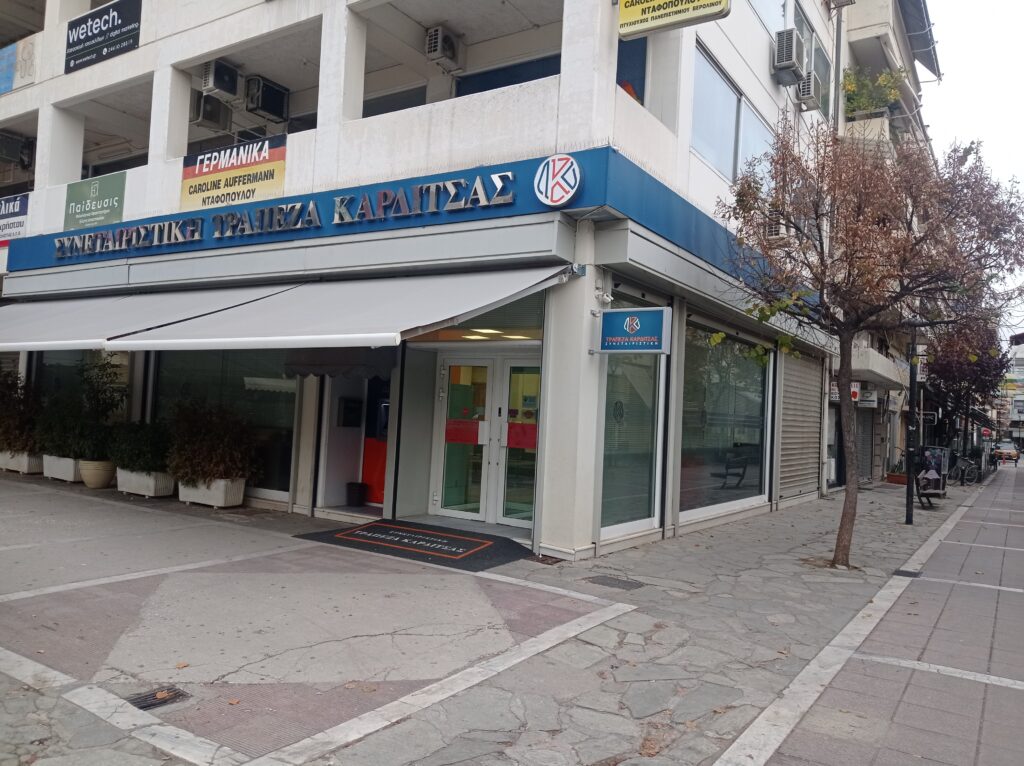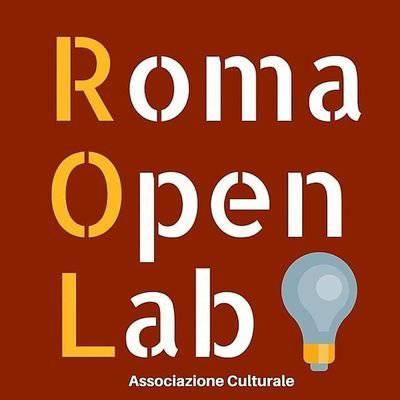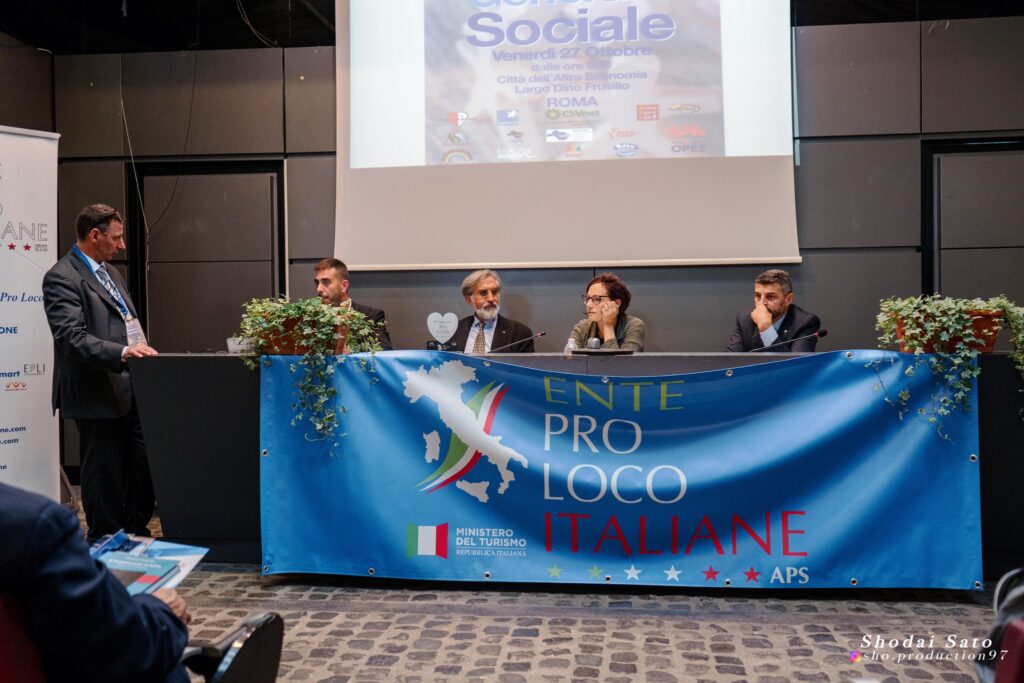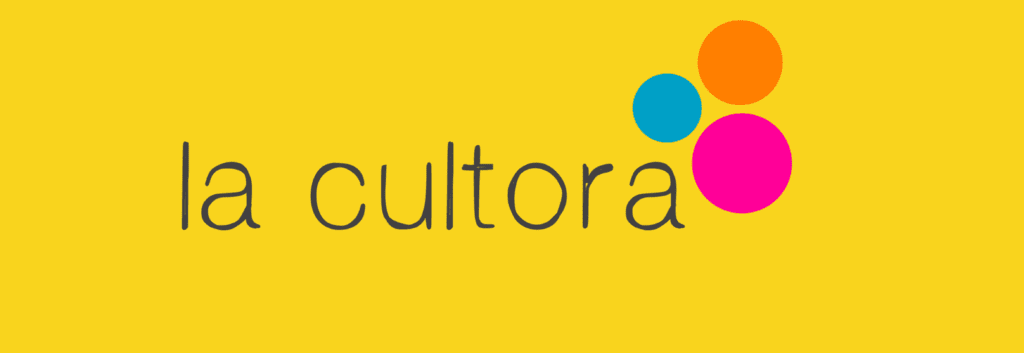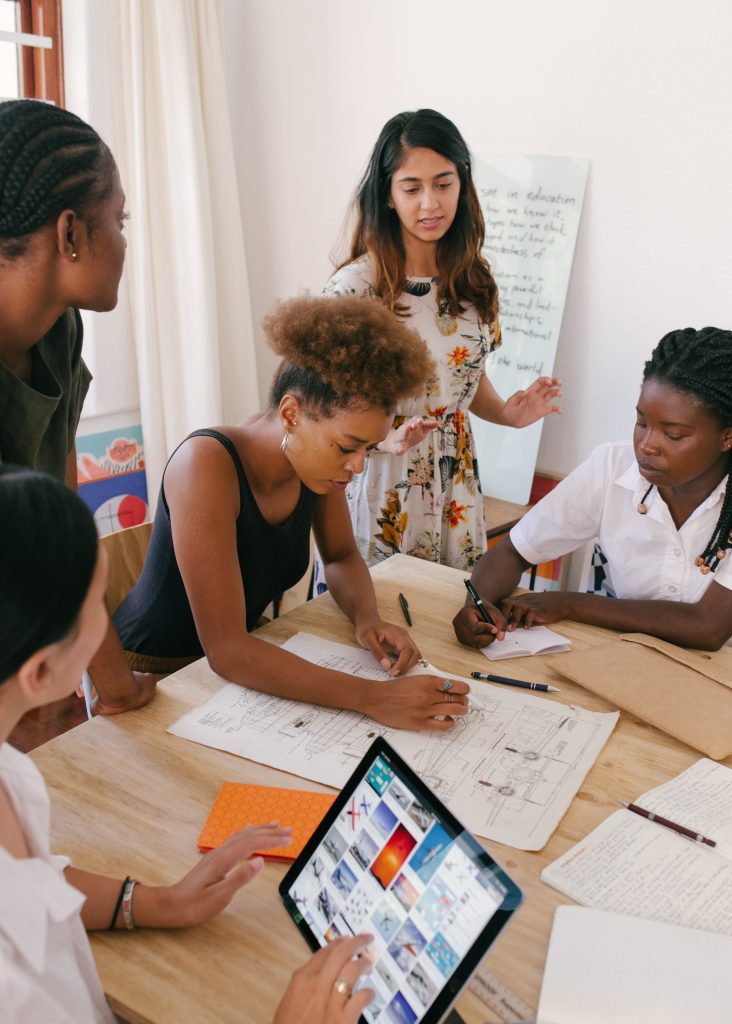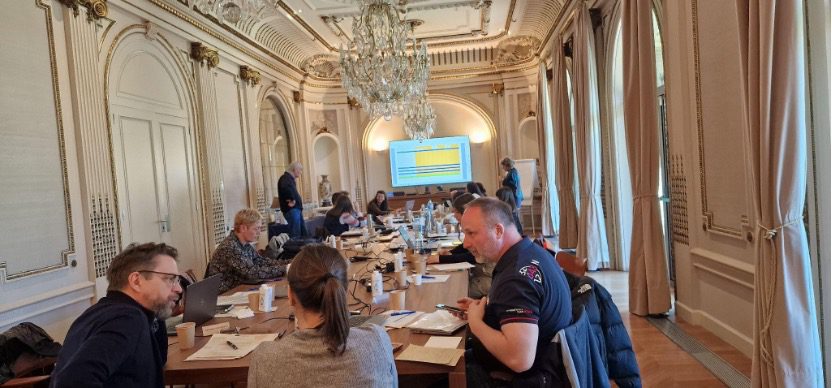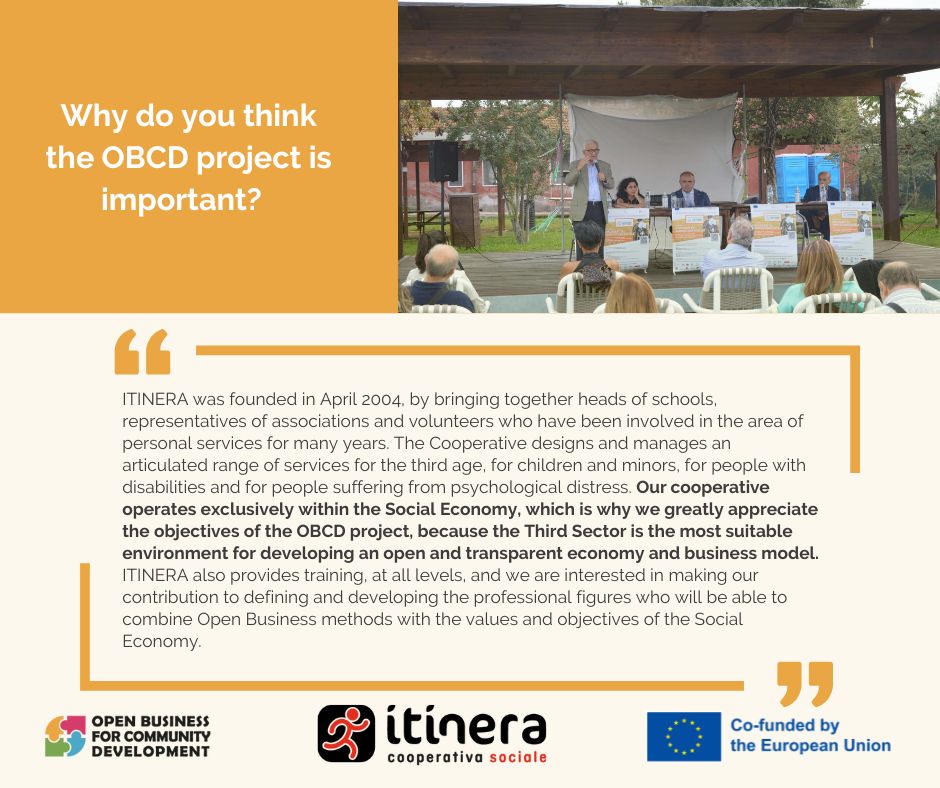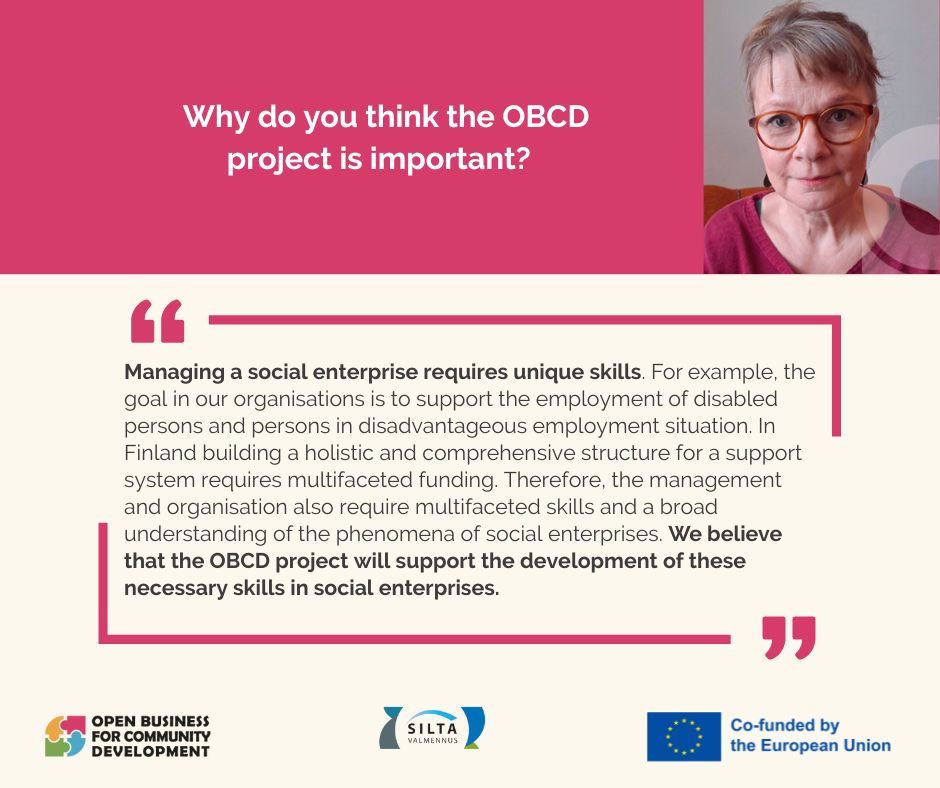Interview with Panos Tournavitis, CEO of Cooperative Bank in Karditsa
Within the framework of the OBCD – Local Ecosystem Program, AN.KA was invited on 6 th December 2023 to meet Mr. Panagiotis Tournavitis, CEO, Cooperative Bank of Karditsa, in order to ask him some questions about the local Ecosystem and the relationship of this with the Cooperative bank. AN.KA and the Cooperative Bank of Karditsa are linked by traditional relations of close cooperation. The Cooperative Bank in its original form (as a credit cooperative) was hosted in the incubator of ANKA for two years, from 1994 to 1996. Today the Cooperative Bank is a shareholder in AN.KA and holds the 2nd largest percentage of shares, after the Municipality of Karditsa. The two bodies (ANKA and the Cooperative Bank) are the main members of the Local Cooperative Ecosystem of Karditsa. SK: Why did you join the ecosystem? What is the added value for your organisation to be involved? PT: The Cooperative Bank of Karditsa decision to join the OBCD ecosystem was driven by our commitment to foster community development and sustainable economic practices. This collaboration aligns perfectly with our core values and strategic objectives. By being part of OBCD, we gain access to a diverse network of like-minded institutions, enabling us to share and learn best practices in community banking and social entrepreneurship. The added value for us lies in the opportunity to engage with innovative financial models and tools, which are crucial for supporting local businesses and social enterprises. This partnership also opens avenues for international collaborations, enhancing our ability to learn from and adapt global best practices to our local context. In summary, our involvement with OBCD is a strategic step towards strengthening our capabilities in fostering sustainable community development and financial inclusion. SK: What are the main takeaways from these meetings? PT: The OBCD meetings are a hub of rich insights and learning. Key takeaways include the exposure to pioneering approaches in community-driven economic development, and the opportunity to engage with thought leaders in the field of social finance. These meetings serve as a platform for exchanging ideas on innovative financial products and services that can support local communities. Another significant aspect is the focus on sustainable development goals (SDGs) and how financial institutions can align their strategies to contribute towards these global objectives. In essence, the meetings provide us with valuable perspectives on how to effectively support economic growth while prioritizing social and environmental considerations. SK: How can the OBCD ecosystems contribute to making the social economy mainstream and support social enterprises in the project countries (and beyond) in their mission, according to you? PT: The OBCD ecosystems have a pivotal role in mainstreaming the social economy and supporting social enterprises. By fostering an environment of collaboration and knowledge sharing, OBCD can help amplify the impact of social enterprises in both the project countries and beyond. This involves providing platforms for these enterprises to share their experiences, challenges, and best practices. Additionally, OBCD can advocate for policy changes that support the social economy, helping to create a more favorable environment for these enterprises to thrive. By highlighting the success stories and the tangible impact of social enterprises, OBCD can also play a key role in changing public perception and increasing awareness about the value and potential of the social economy. SK: How can the OBCD project support you? PT: The OBCD project can support the Cooperative Bank of Karditsa in several ways. Firstly, by providing access to innovative financial tools and products specifically designed for social enterprises and community projects, which can enhance our product offerings and service delivery. Secondly, facilitating networking opportunities with other financial institutions and stakeholders in the social economy sector can lead to valuable partnerships and collaborations. Additionally, the OBCD project can offer training and capacity-building programs to our staff, ensuring that we stay abreast of the latest trends and best practices in community banking and social finance. This support is crucial for us to continuously improve and adapt our services to meet the evolving needs of our community. SK: What do you look forward to? PT: Looking forward, there are several initiatives and resources from OBCD that we are particularly excited about. The development of a new toolkit tailored for banks involved in social financing would be incredibly beneficial, as it would provide practical resources and guidelines to enhance our operations. An interactive platform for knowledge sharing and collaboration would also be valuable, enabling us to engage more effectively with other banks and stakeholders. Additionally, we anticipate more cross-country knowledge sharing initiatives, which would allow us to learn from the experiences of similar institutions in different geographical contexts. Finally, we are looking forward to participating in targeted training and workshops, which would help in building our capacity and equipping our team with the skills and knowledge needed to better serve our community. These resources and initiatives would be instrumental in helping us achieve our mission and contribute more effectively to the social economy.
Interview with Panos Tournavitis, CEO of Cooperative Bank in Karditsa Read More »

